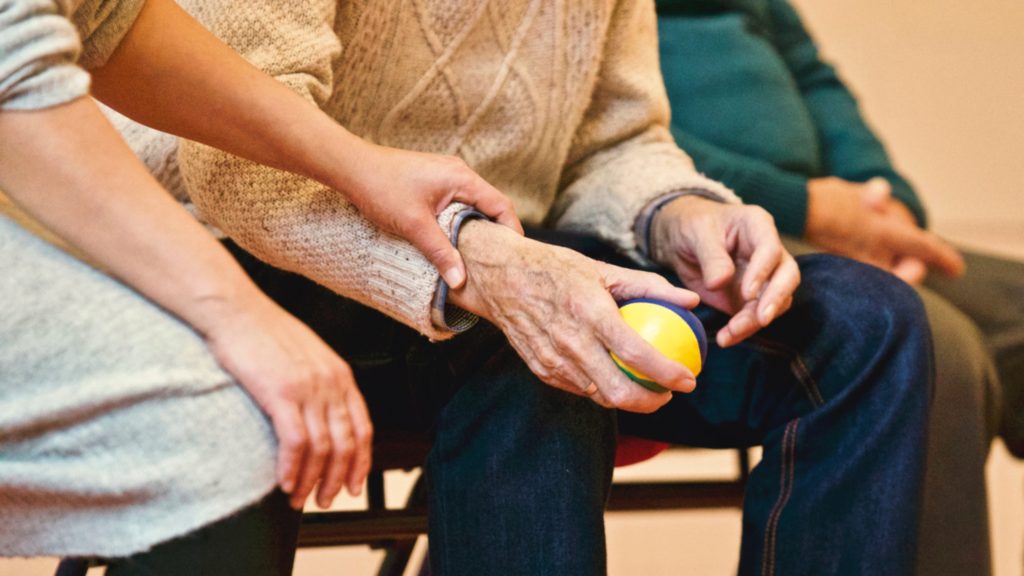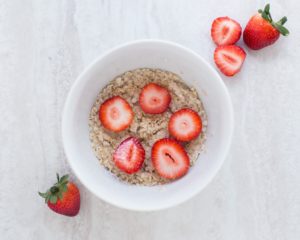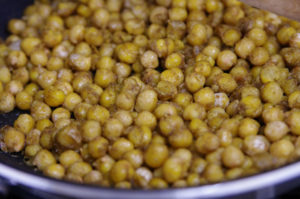
As we grow older and experience a variety of physical and mental changes to our bodies, we also become more susceptible to disease and illness. Because our regenerative powers slowly decrease over time, our bodies have a tougher time battling symptoms as we age—making hemorrhoids all the more common and bothersome.
How Aging Affects the Development of Hemorrhoids
Hemorrhoids, which develop when the veins in the anus and rectum become distressed and swollen, are much more of a threat when the body is sedentary. Decreased mobility (and increased amounts of time sitting), typically associated with aging, can cause blood flow to the lower part of the body to also decrease. The blood is then more likely to gather up/pool in the anal veins, causing irritation and swelling that can develop into hemorrhoids.
Older individuals are also more prone to constipation as a result of having a more sedentary lifestyle. The straining that occurs from constipation, due to passing hard and dry stools, can cause prolonged stress to the anal and rectal veins. Once the blood vessels in these veins become extremely irritated, hemorrhoids can develop.
Preventing Hemorrhoids in Old Age
Diet Changes
Hemorrhoids in the elderly can be effectively prevented by making conscious diet and lifestyle changes. A high-fiber diet helps maintain healthy bowel movements, thereby lowering chances of constipation and anal vein swelling. Consuming more fruits and vegetables, as well as legumes (chickpeas, lentils, soybeans) and whole grains (oatmeal, brown rice, barley), easily adds more fiber to your diet.


DRINK. MORE. WATER. Consuming plenty of fluids helps keep the bowel healthy and functioning, and stools remain soft. This further prevents constipation and lowers your chances of having hemorrhoids.
Exercise
For elderly individuals who are capable of moderate levels of exercise, this is another good way to improve overall bowel movement and lower body blood circulation. Daily short walks, light swimming, and gardening are all appropriate examples of moderate exercise. However, you should always consult your doctor before starting any new diet or exercise routine.
Treating Hemorrhoids at Home
If the above prevention methods fail, and you find yourself with pesky hemorrhoids, there are a few home remedies that can help alleviate your symptoms. Sitz baths (soaking the affected area in warm water for 10-15 minutes) can soothe anal tissues and decrease pain and discomfort. Oils and creams may also be good options for early-stage hemorrhoids, such as witch hazel ointment or witch hazel hemorrhoidal pads.
If symptoms do not clear up (or become worse) despite home treatment efforts, make sure to see a doctor for a full examination and advanced treatment method.




